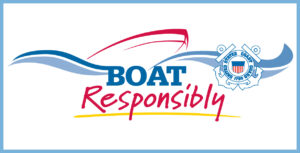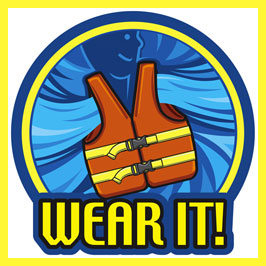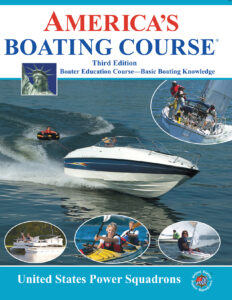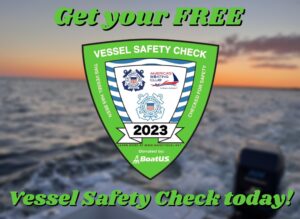Boating Safety
Florida has the most registered boats of any other state – about 988,000 recreational boats. It also has accident statistics to match (2022 data from Florida FWC):
- 735 accidents; Florida is number 1 in boating accidents in the United States – by a wide margin.
- 65 fatalities
- Drowning was leading cause of death – 81% of the victims were NOT wearing life jackets.
- Primary causes of all boating accidents: improper lookout or attention and boater inexperience.
- More than half of the boat operators involved in an accident did not have any formal boating education.
- Alcohol was a significant contributor to accidents and fatalities.
Being involved in a boating accident doesn’t just affect you – it affects others as well: Family, Friends, Other Boaters.
Boating Safety involves several actions every boater must take:
- Take a basic boating education class, either ours or others. Learn what’s needed to safely operate a boat. If you were born after January 1, 1988, you are required to take a class and get your Florida Boater ID in order to operate a boat with more than 10 hp.
- Ensure your boat is safe to operate and has the necessary equipment to keep you and your family and guests safe. Running lights, life jackets, distress signals, etc. And make sure you know how to use them, if needed. Many items needed to keep you safe aren’t required by regulations, but are considered necessary – marine VHF radio, first aid kit.
- Learn and comply with the Rules of the Road. Contrary to what many think, driving a boat is not as easy as driving a car. There are no lines down the middle of a channel.
- Before going out for a spin, check the weather. While heading out, check the weather. While out there, check the weather. Bad weather coming in can turn a fun day into a catastrophe. Have a plan to avoid bad weather.
- Prepare a Float Plan that gives information about you, your boat, where you’re going, and when you’ll be back. Leave it with a responsible person – family member, friend, dockmaster. This will give the Coast Guard information that will help find you.
- Don’t drink and boat – have a designated skipper to operate the boat.
- And, skippers, stay off your cellphones. Don’t boat and text. Pay attention to what’s around you.
- Finally, while boating, practice Defensive Boating. Be alert for those who have ignored all of the above.
Having a boating accident can ruin your day. And your life.
A past Commandant of the USCG once said that the worst job in the Coast Guard was having to tell a family that one of their loved ones wasn’t coming home.
Weather Information
Need a Float Plan?
Click here to download the Float Plan form.
Print the form, fill it out, and leave it with someone you trust who isn’t going with you.
Other Important Information
Boating Safety Websites




